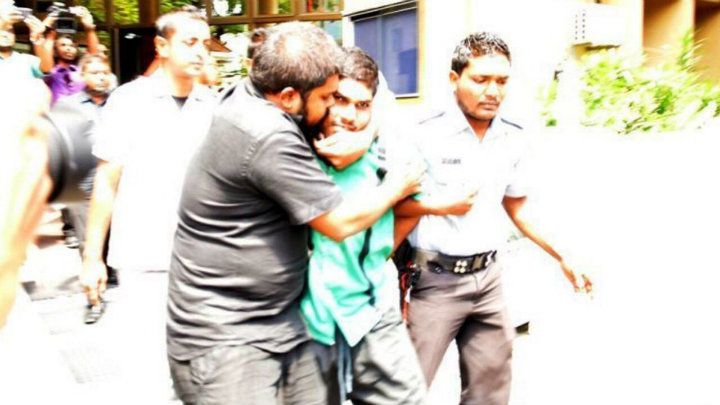A tightening of the noose
“Humam’s death will affect all of us, our national psyche because with him we will lose that sense of longing for something good that we might have been,” writes Latheefa Ahmed Verall.

07 Jul 2016, 09:00
It is 7pm on the evening of June 29. I am packing my suitcase to visit the country of my birth. In a few days time, I fly Singapore Air to visit my family and friends in the Maldive Islands.
But the visit is more than that. It always has been. It is an important emotional reconnection with a land I cannot leave behind. It is a longing for something real, something uniquely me.
Today as I write this, the thought of touching down on Maldivian soil, the joy of feeling that first blast of warm air hitting my face and the anticipation of being surrounded by smiling, brown faces I have loved all my life, fail to excite me.
My mind fills with other images. A young man waiting on death row. A hangman’s rope. A tightening of the noose. A last breath.
Become a member
Get full access to our archive and personalise your experience.
Already a member?
Discussion
No comments yet. Be the first to share your thoughts!
No comments yet. Be the first to join the conversation!
Join the Conversation
Sign in to share your thoughts under an alias and take part in the discussion. Independent journalism thrives on open, respectful debate — your voice matters.




